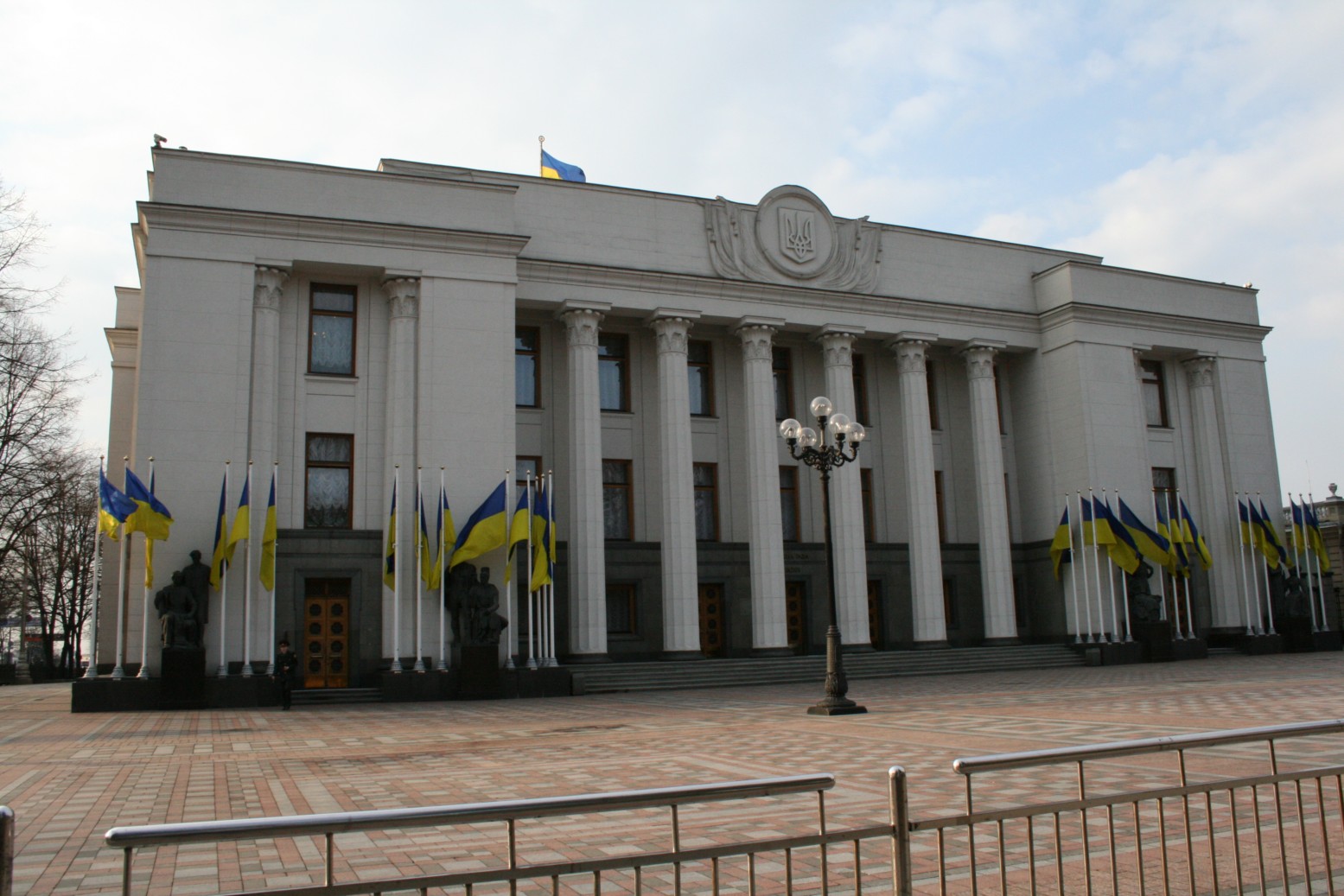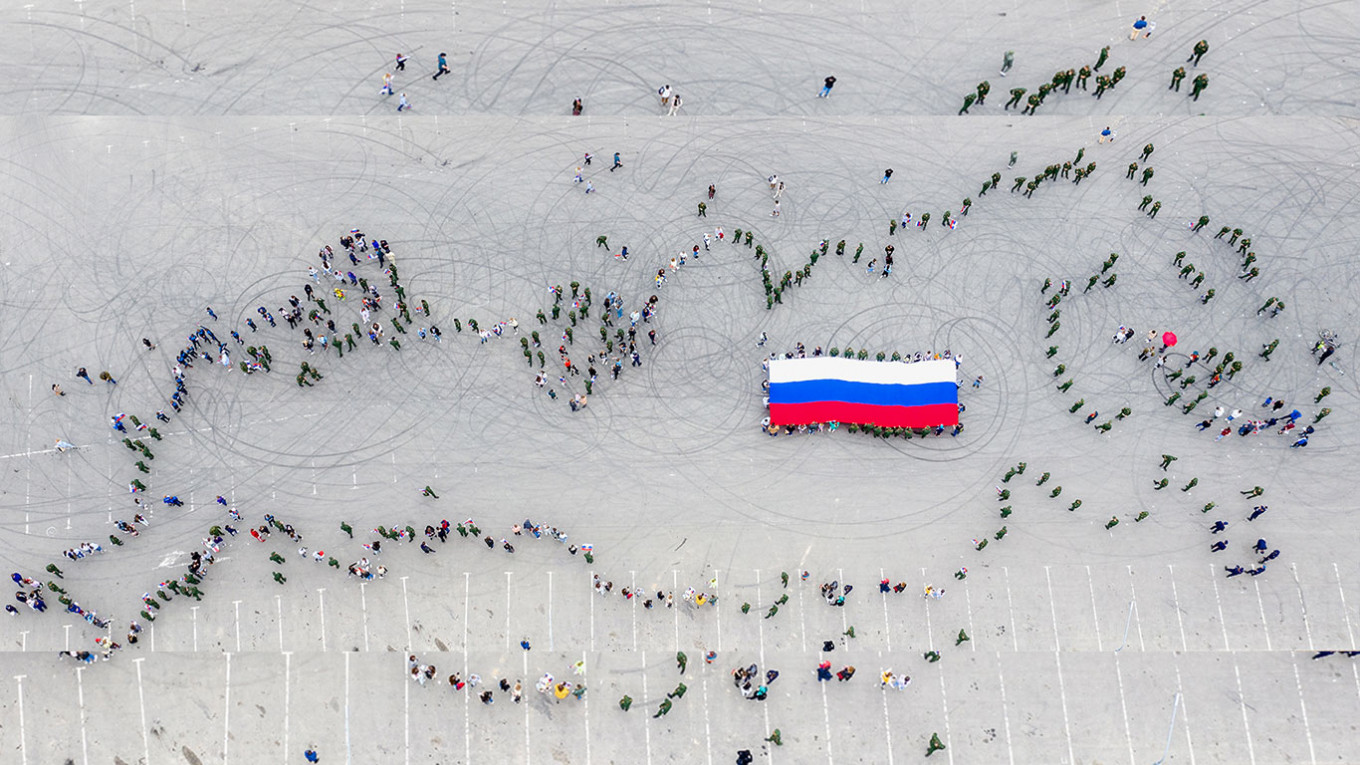
Moldova’s ‘Hybrid’ Governing Coalition: Physiognomy, Goals, Prospects (Part Two)
Moldova’s ‘Hybrid’ Governing Coalition: Physiognomy, Goals, Prospects (Part Two)
*To read Part One, please click here.
Establishing the rule of law in Moldova will have to start not even from scratch but from the rubble that must be cleared away first (see Part One, EDM, August 7). Restoring the integrity of the electoral system is a more easily attainable priority, shared by the Socialist Party and the ACUM (“NOW”) bloc in the governing coalition. This goal seems at hand, based on the local social habits, and thanks to the reinstatement of the proportional voting system. Moldova was a procedural democracy that invariably held free and fair elections before 2014, even if those elections did not contribute to an effective state-building process.
The parliamentary elections of February 2019 (which produced the current parliament) were held under a modified electoral legislation, whereby one half of the parliament’s members were elected in single-mandate electoral districts. That system heavily favored then-ruler Vladimir Plahotniuc’s Democratic Party and its satellites, at the expense of the NOW bloc and the Socialist Party. The Socialists were a reluctant but supine ally of Plahotniuc at that time and approved that modified legislation. But they changed sides in June to form the coalition with the NOW bloc; and on July 30, the coalition provided the necessary majority in parliament to change the electoral legislation, reinstating the proportional voting system in full. Moreover, the change greatly simplifies the casting of ballots by the Moldovan diaspora. This clearly favors NOW, but the Socialists approved it as part of the give-and-take within the coalition (Ziarul National, Noi.md, July 30).
The coalition rests on a complicated basis of reciprocal concessions between the Socialist Party and the NOW bloc with regard to values and policy choices. These concessions are informal: essentially, pledges of restraint in the nature of “don’ts,” by either side in deference to the other side’s positions. The NOW bloc’s concessions include avoiding rhetoric about drawing closer to the North Atlantic Treaty Organization (NATO—gratuitous rhetoric for Moldova in the first place); refraining from ideological criticism of Russia in the political arena; and muting, also in the political arena, the rhetoric about unification with Romania on the part of the unionist contingent within the NOW bloc.
The Socialist Party’s concessions include endorsing Moldova’s implementation of the Association Agreement with the European Union (the party has moved from rejecting that agreement to seeking revision of some parts of it to accepting it as is); dropping the goal of full Moldovan membership in the Russia-led Eurasian Economic Union (instead, contenting itself with Moldova’s meaningless observer status); casting aside President Igor Dodon’s goal of “federalization” with Transnistria, and soft-pedalling on federalization’s equivalent named “special status” (see EDM, July 18); halting the aggressive rhetoric of Moldovanism versus Romanianism; and seeking a role for the Socialist head of state and parliamentary deputies in normal relations with Romania.
Both sides entered into these tradeoffs in June, deeming them indispensable to the coalition’s creation and viability. They provide the coalition’s pragmatic bedrock that had to be laid before a common program of actions could be agreed and set in motion. On balance, the NOW’s values and goals emerge as clear winners from those tradeoffs.
The net result is a consensus between the coalition’s components for Moldova to resume its European course that Plahotniuc’s system had halted. The European course is understood in ways that insulate it from “geopolitics.” It entails the rule of law, implementation of the EU Association Agreement (including legislative harmonization with the EU as well as European standards of governance and public administration), an attractive business environment, and locking Moldova into the EU’s economic space (this latter goal is an accomplished fact, although not in itself an indicator of Europeanization).
The Socialist Party appears to share this understanding of the European course. Carrying now for the first time the responsibilities of governance (and clearly intending to stay in power), the Socialists can only count on the EU, not on Russia, for financial support to Moldova. The Socialists endorse the European course with the caveat that it should not preclude normalizing economic relations and trade between Moldova and Russia. For its part, the NOW bloc definitely seeks to expand Moldova’s agricultural exports to Russia, as Prime Minister Maia Sandu has made clear ahead of her visit to Moscow (TASS, July 30).
Potentially divisive issues nevertheless remain, barely submerged, and could at any moment resurface to jeopardize the coalition. These are the rifts endemic to Moldova over historical memory and national identity. President Dodon has scheduled celebrations of the anniversary in late August of the 1944 Soviet occupation, deemed “liberation” in the Socialist Party’s official view. Backsliding of this sort would unnecessarily test the coalition’s unity. Another test lurks behind suggestions that Moldova should lift the restrictions on rebroadcasting Russian television propaganda shows by Moldovan channels (RIA Novosti, TASS, July 29).
The coalition began with a cautious, trial-run “Temporary Political Understanding” on June 8 between the Socialists and NOW. Their actual cooperation has, on the whole, worked to mutual satisfaction until now, far outrunning that initial framework (see EDM, June 21, 26, 27, July 10, 11, 18, August 7).
Both sides soon began discussing a non-aggression pact with a view to the local elections, which are scheduled to be held countrywide this autumn. This discussion then expanded to consider a possible electoral cartel for these elections. And by now, a full-fledged agreement among the coalition’s parties, not just on elections but on policies and a road map for their implementation, is being considered. Prime Minister Maia Sandu envisages a one-year timeframe, with continuation possible depending on results. President Dodon and other Socialist leaders envisage a timeframe possibly up to four years (a full electoral cycle). The Socialists emphasize sharing responsibility among the coalition parties for unpopular economic reforms and the attendant social costs.


